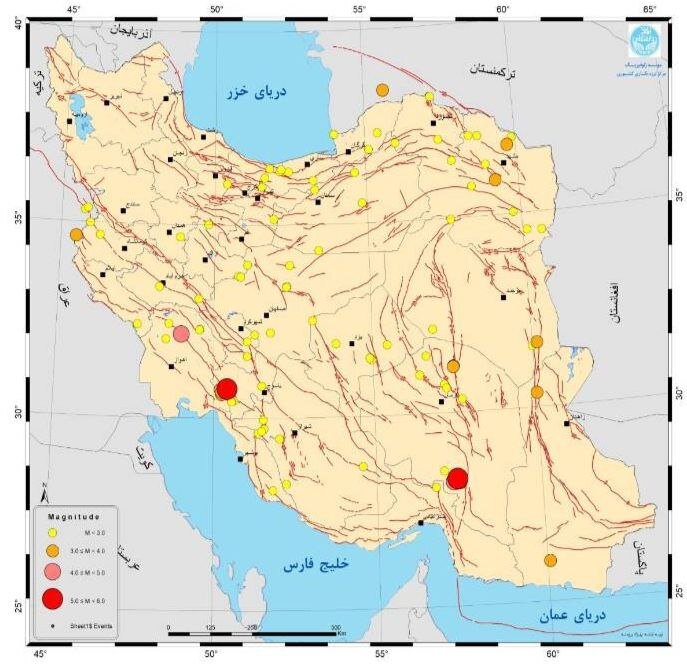
Similar Posts
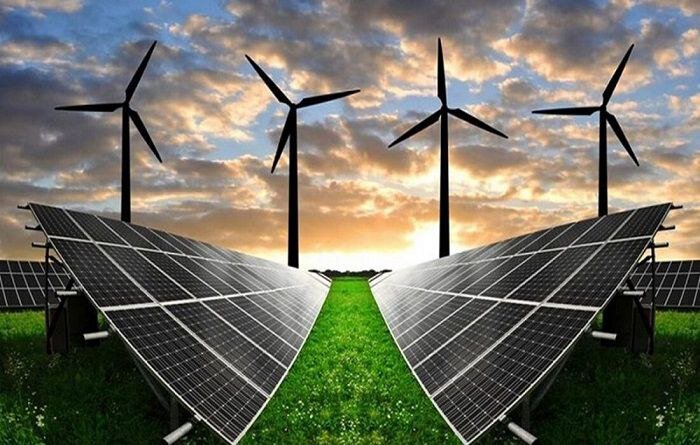
Unlocking a Safer Future: How Clean Energy Transforms Our World for Everyone
Renewable energy sources are vital in the fight against climate change and for supporting vulnerable communities worldwide. Derived from natural resources like sun, wind, and water, these clean alternatives emit little to no pollutants, unlike fossil fuels. Many people, especially in developing regions, face challenges due to a lack of reliable energy, affecting essential services like education and healthcare. By 2030, an estimated 1.8 billion people may still rely on harmful cooking methods. The International Day of Clean Energy, declared by the General Assembly on January 26, emphasizes the need for a transition to clean energy to promote sustainability, empower communities, and address social justice.
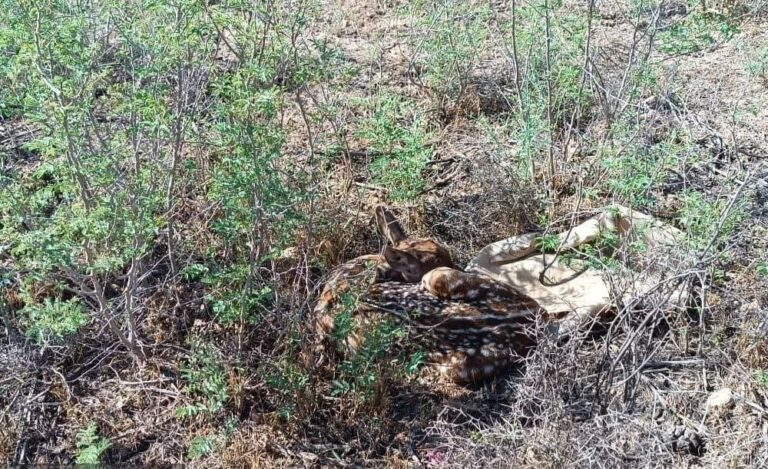
Meet Karkheh’s First Adorable Yellow Deer of the Year!
A Persian yellow deer was born in Karkheh National Park, Khuzestan, marking the first birth of the current Iranian year and highlighting successful wildlife conservation efforts. The population of these endangered deer has risen from five in 2019 to 15 in 2024 due to the Department of Environment’s (DOE) effective breeding strategies. Once thought extinct, four yellow deer were rediscovered and reintroduced 50 years ago. However, habitat destruction, fragmentation, and human activities continue to threaten their survival. The DOE’s ongoing initiatives aim to protect this species and maintain biodiversity in Iran, underscoring the importance of conservation efforts.
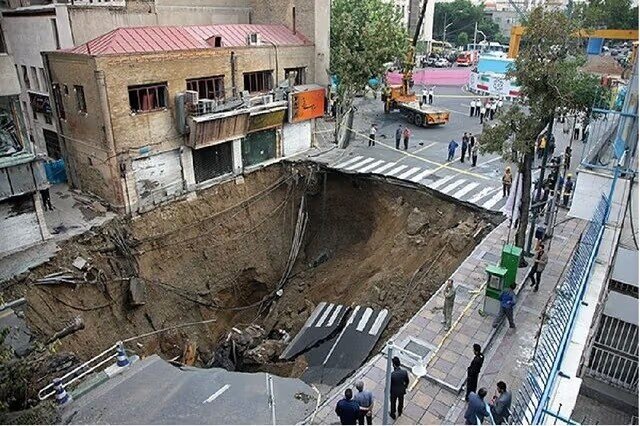
National Crisis Unveiled: The Alarming Rise of Widespread Land Subsidence
Iran’s water supply is threatened by over-extraction of groundwater, leading to a crisis marked by severe land subsidence in Tehran, where some areas sink up to 31 cm annually. This phenomenon, exacerbated by climate change, population growth, and mismanagement, endangers infrastructure and historical sites. Currently, reservoirs supplying Tehran are critically low, with only 13% capacity reported. Experts suggest urgent measures like reducing water usage and recycling. President Masoud Pezeshkian has proposed relocating Iran’s political center due to these escalating challenges. Without reforms in water management, Tehran faces significant risks to its infrastructure and population well-being.
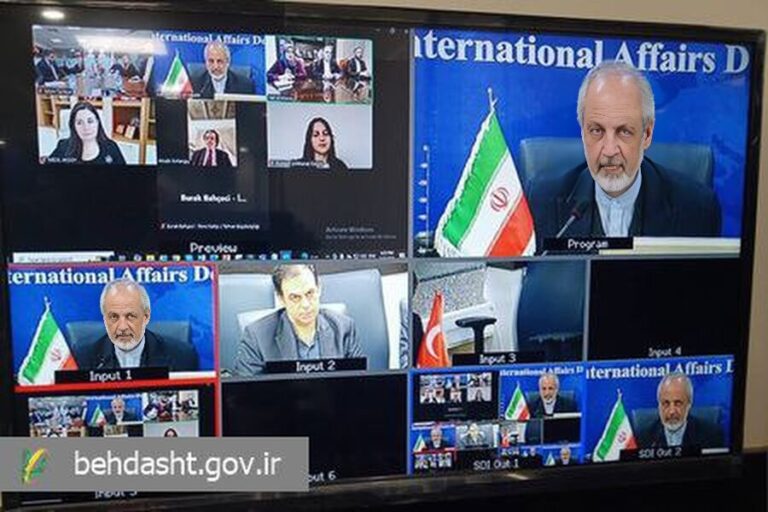
Tehran and Ankara Collaborate in Joint Health Committee Meeting to Strengthen Bilateral Ties
Iran and Turkey’s health ministries held an online meeting to strengthen healthcare collaboration, involving key officials from both countries. Iranian Deputy Health Minister Mohammad-Hossein Niknam highlighted the potential for cooperation to address regional health challenges, proposing initiatives such as partnerships in medicine, enhanced medical research, and improved health infrastructure. Aziz Alper Biten from Turkey welcomed these proposals, expressing optimism for their implementation. This meeting builds on a 2018 memorandum aimed at enhancing bilateral health cooperation, with both nations committed to improving health outcomes and serving as a regional model for collaboration.
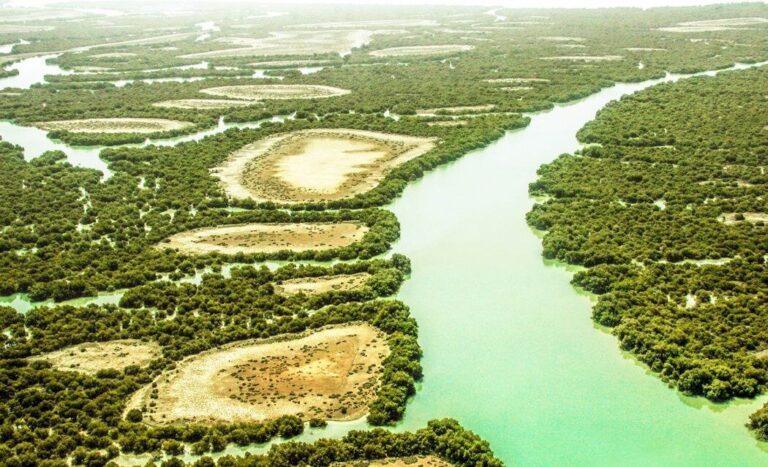
Urgent Alert: Researchers Highlight Critical Threat of Mangrove Loss in the Persian Gulf
Recent research from the National Institute of Oceanography highlights the severe threats facing mangrove ecosystems in the northern Persian Gulf, particularly in Dayyer City, Iran. These vital ecosystems, mainly composed of Avicenna marina, provide essential benefits such as habitat creation, soil stabilization, carbon sequestration, and flood mitigation. However, satellite imagery reveals significant degradation, with mangrove coverage decreasing from 3.2 hectares in 2015 to 1.7 hectares by 2022, primarily due to construction disrupting freshwater flow. The study calls for urgent conservation strategies to combat anthropogenic pressures and climate change impacts, emphasizing the need for ongoing monitoring to preserve these crucial environments.
